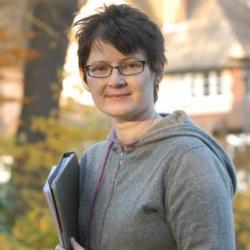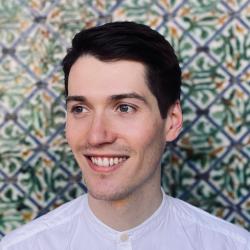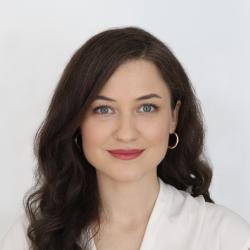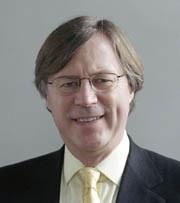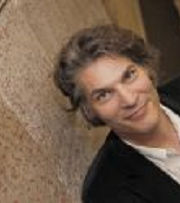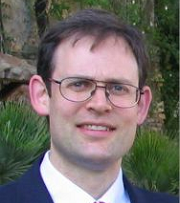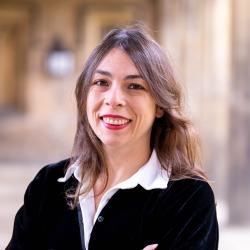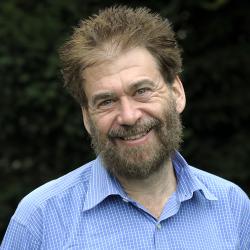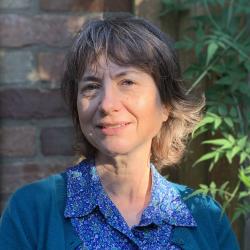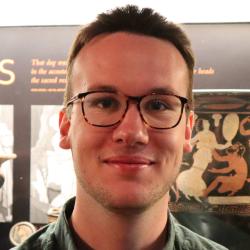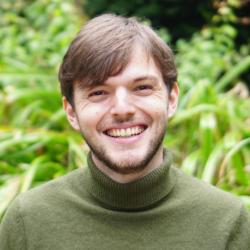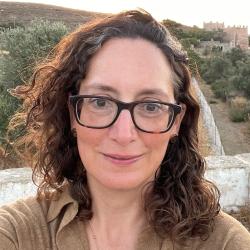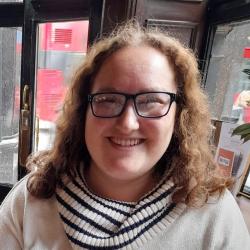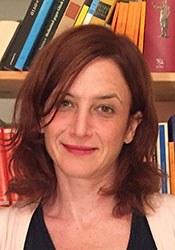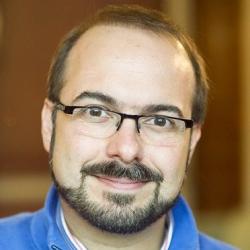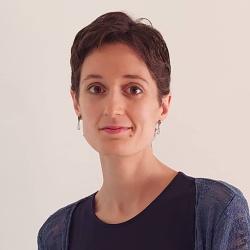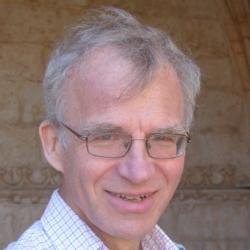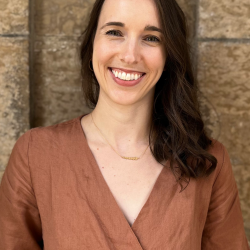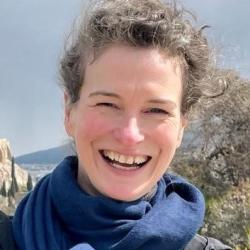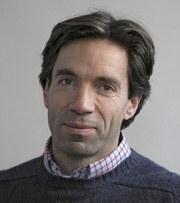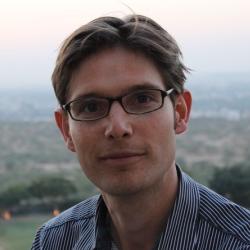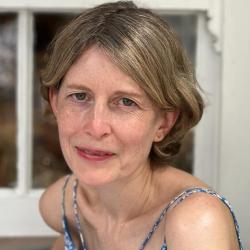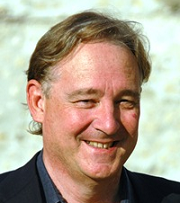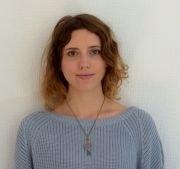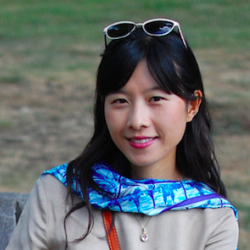The ‘X Caucus’ was founded in the mid 1980s, to support ‘interdisciplinary’ approaches to the ancient world. In the four decades (and counting) since, the Caucus has been at the forefront of innovating how classics is taught and researched – not just in Cambridge, but also in the UK and internationally. More than that, our work has shown how Classics interweaves the study of the past with reflections on the present: to showcase how Classics can address some of the most urgent critical questions of the here and now.
From the outset, the Caucus set out to work across traditional subdisciplinary boundaries (not least the ‘Caucuses’ as defined at Cambridge). A founding principle has been that many of the most exciting questions in the contemporary study of antiquity cannot be adequately approached by the disciplinary tools and techniques of philology, philosophy, history or archaeology on their own. Capitalizing on Cambridge's exceptional range of intellectual resources, the Caucus has likewise championed the crucial importance of what is today largely known as classical reception studies, across variables of time and space, for thinking about where Classics as a discipline has come from, where it is now, and what it might be in the future.
The size of the Caucus has grown exponentially. At the moment of its founding by John Henderson and Geoffrey Lloyd, champions of the X Caucus were relatively few (amongst the most prominent early members were Mary Beard and Simon Goldhill,). Today ‘X’ is the largest Caucus within the Faculty, and many of the founding principles of the ‘X Caucus’ are embedded in the day-to-day work of other disciplinary groups
In terms of undergraduate teaching, the ‘X Caucus’ continues to offer a number of courses at Part II level. These papers have long experimented with taught structure, often integrating greater levels of seminar discussion alongside traditional lectures (which have been delivered by Cambridge staff and external specialists alike). One general objective has been to take a central issue in Classics and to examine it from several different angles and through diverse genres of evidence (literary, visual, philosophical, linguistic, ancient and modern): examples have included topics like ‘Gods of Greece and Rome’, ‘Myth’, ‘Cultural Identity’, ‘Personal Politics’, ‘Time’, ‘Rhetoric’, ‘The Body in Antiquity’, ‘Death’, ‘Sexual Ethics’, ‘Prostitutes and Saints’ and ‘Environment’. But another objective has been to champion the importance of reception studies, especially classical and classicizing presences in such spheres as political and cultural theory, identity politics, political ideologies the verbal and visual arts, popular culture and the creative industries (e.g. courses like ‘Classics Live’). Finally, Part II ‘X papers’ have been used to forge new sorts of disciplinary connections across the School and University, as with a recent paper on ‘Christianity, Hellenism, and Empire’ (co-taught with the Faculty of Divinity).
Beyond undergraduate teaching, the Cambridge X Caucus has long been a key part of our graduate training. Not only has the Caucus fostered collaborations and debates that have helped produce some of the finest recent research into Classics, but it has also contributed greatly to Cambridge's outstanding reputation for the application of modern approaches to the study of the antiquity. The Faculty has a large number of graduates working on interdisciplinary topics (many of them with a ‘reception’ angle) at any one time. The Caucus supports such work in a variety of ways, from conferences and events to regular ‘Classical Reception Seminars’ and weekly ‘Graduate Interdisciplinary Studies’.
Our research community is at once diverse and inclusive, and the list of members below is not exclusive: the Caucus recognises the pressing need for researchers to bring with them a range of different experiences (including academic and disciplinary backgrounds); above all, it also champions the intellectual importance of conversation across traditional divides. Caucus members range from postdoctoral researchers and ‘Junior Research Fellows’ early in their professional academic careers to retired University teachers (many of whom maintain close links with the Faculty). University staff welcome enquiries from prospective graduates, postdoctoral researchers and academic visitors: email is the most effective means to get in touch.

